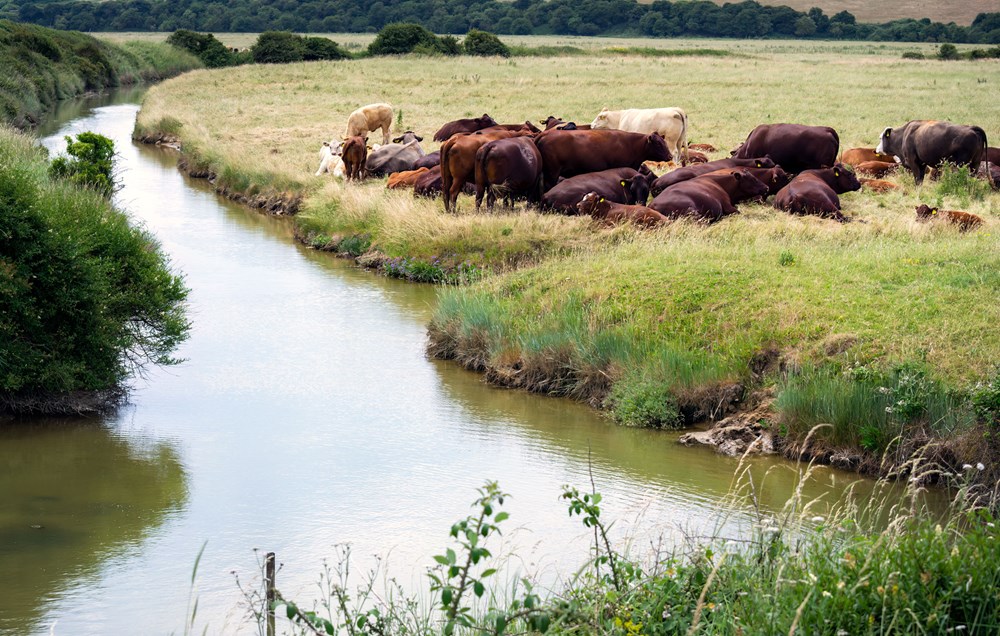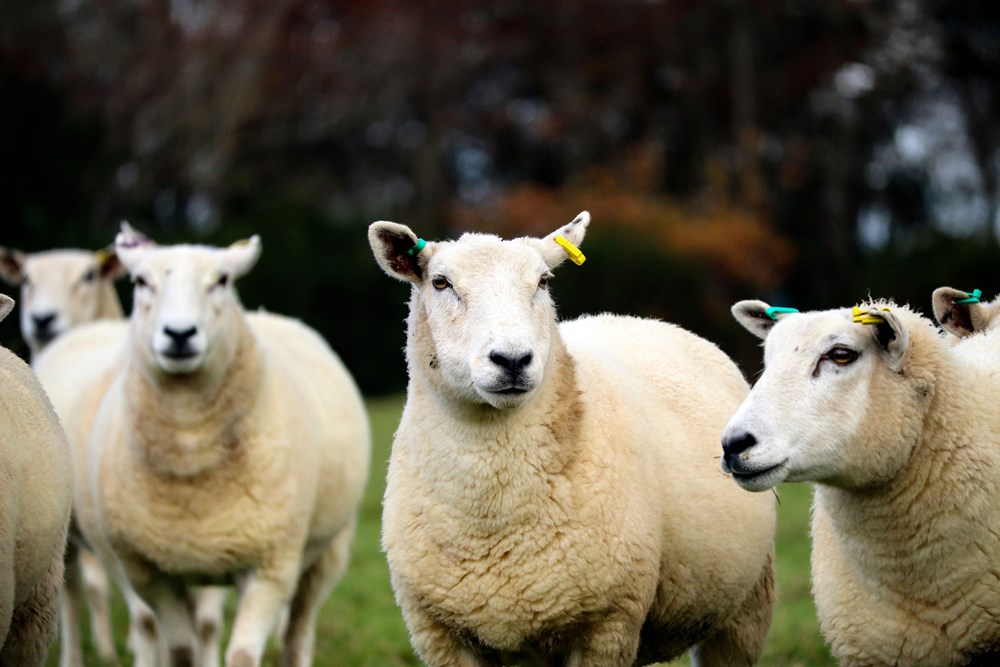
Adapting farm businesses amid economic and biosecurity challenges of bluetongue
Mon 18 Nov 2024
Bluetongue virus (BTV-3) introduces complex challenges to UK livestock farms, impacting everything from cashflow and long term profitability to the stability of farm operations.
Historically confined to warmer areas, the midge-borne virus has spread to the UK with climate change and increased animal movement thought to be contributory factors.
Farmers will need to adapt by incorporating disease risk management into their business strategies, maintain close collaboration with their farm veterinarians and government agencies, and potentially explore diversified revenue streams to shore up their income.
By integrating biosecurity measures, and actively planning for potential disease impacts, UK farms can better withstand the challenges of bluetongue and maintain sustainable operations in an increasingly changeable environment.
Diversifying income streams may become increasingly important to reduce a farm’s reliance on livestock production alone.
The virus is unpredictable and, as climate change intensifies, the UK may see more frequent and widespread outbreaks, creating an environment of uncertainty for farmers who must now integrate BTV management into their long-term business planning.

Impact on livestock health and productivity
Bluetongue reduces livestock productivity, particularly in sheep which are highly susceptible to the virus.
Infection causes symptoms such as fever, lameness and swelling, especially around the mouth and tongue.
These issues lead to reduced weight gain and fertility, and, in severe cases, death.
This decrease in productivity has serious knock-on effects for farmers. Beyond livestock loss, infected animals may not reach market standards due to the decreased weight gain and that impacts on the quality and quantity of meat available for sale.
This is a notable issue for sheep producers, who report that abattoirs are offering lower prices for animals from within BTV restriction zones due to the additional processing requirements imposed by the Food Standards Agency.
The virus also impacts breeding as infection can lead to infertility, over time potentially reducing herd or flock size.
In the absence of a timely introduction of an effective treatment by government bodies, this decline may impact long term business productivity and growth.
These losses directly affect farmers’ income and profitability through increased operational costs, decreased output, and potentially a reduced market value for animals in restricted zones.

Movement restrictions and market implications
Outbreaks of BTV-3 have triggered strict movement restrictions within quarantine zones, which may limit access to both domestic and international markets.
At this time of year, the sheep industry depends heavily on frequent movement of store lambs and breeding stock, however, BTV-3 restrictions may disrupt this critical period, further constraining farm productivity.
While animals from outside the restriction zones (RZ) can enter without issue, many farmers may be reluctant because they won’t be compensated for mortalities caused by the disease.
Movement restrictions in these zones could further harm the industry by limiting access to markets, disrupting supply chains and causing price fluctuations for unaffected livestock
Biosecurity and adjusting farm businesses
Investing in infrastructure to mitigate these risks, such as the use of covered housing or rotational grazing to avoid high-risk areas during midge season, could reduce vulnerability to the disease.
These adjustments may take time and financial investment but could be essential for farms facing ongoing threats from BTV.
Maintaining high biosecurity standards remains one of the most effective ways to minimise on-farm risk. For example, farmers can reduce the conditions that attract midges, such as dirty equipment and vehicles.
As no approved vaccine exists for BTV-3 in the UK, short term control options are limited.
Animal movement into and out of restriction zones requires specific licenses from DEFRA and the devolved administrations, particularly if movement involves animals going from an RZ to a slaughterhouse outside the zone. Farmers are advised to apply for a specific licence well in advance of when they need it to ensure compliance with biosecurity protocols.
Keep updated
Keep up-to-date with our latest news and updates. Sign up below and we'll add you to our mailing list.
 Brown&Co
Brown&Co
